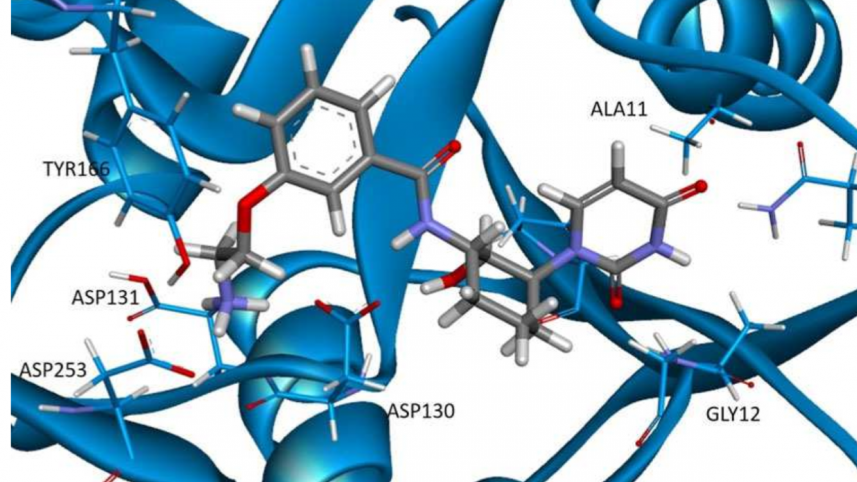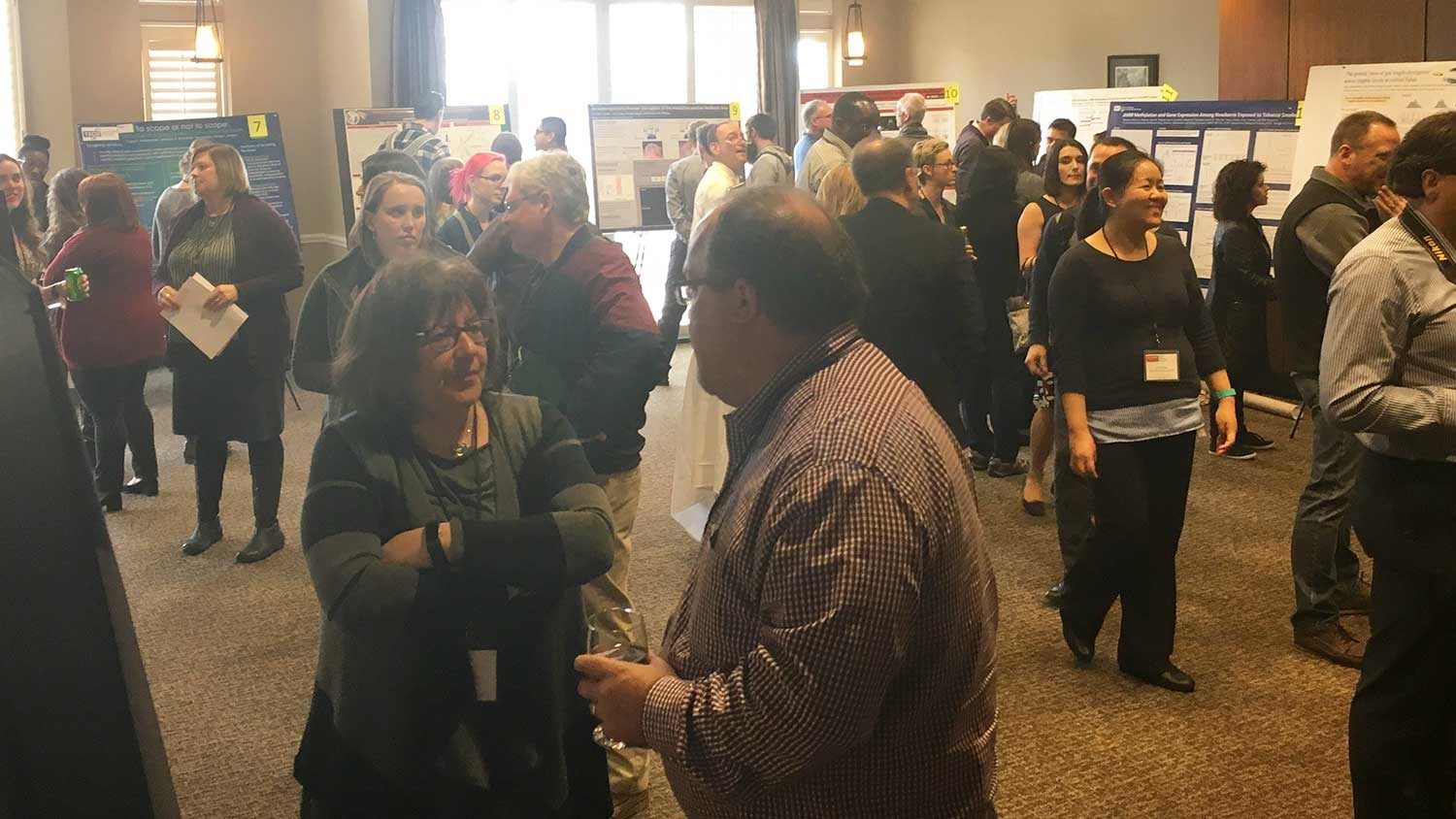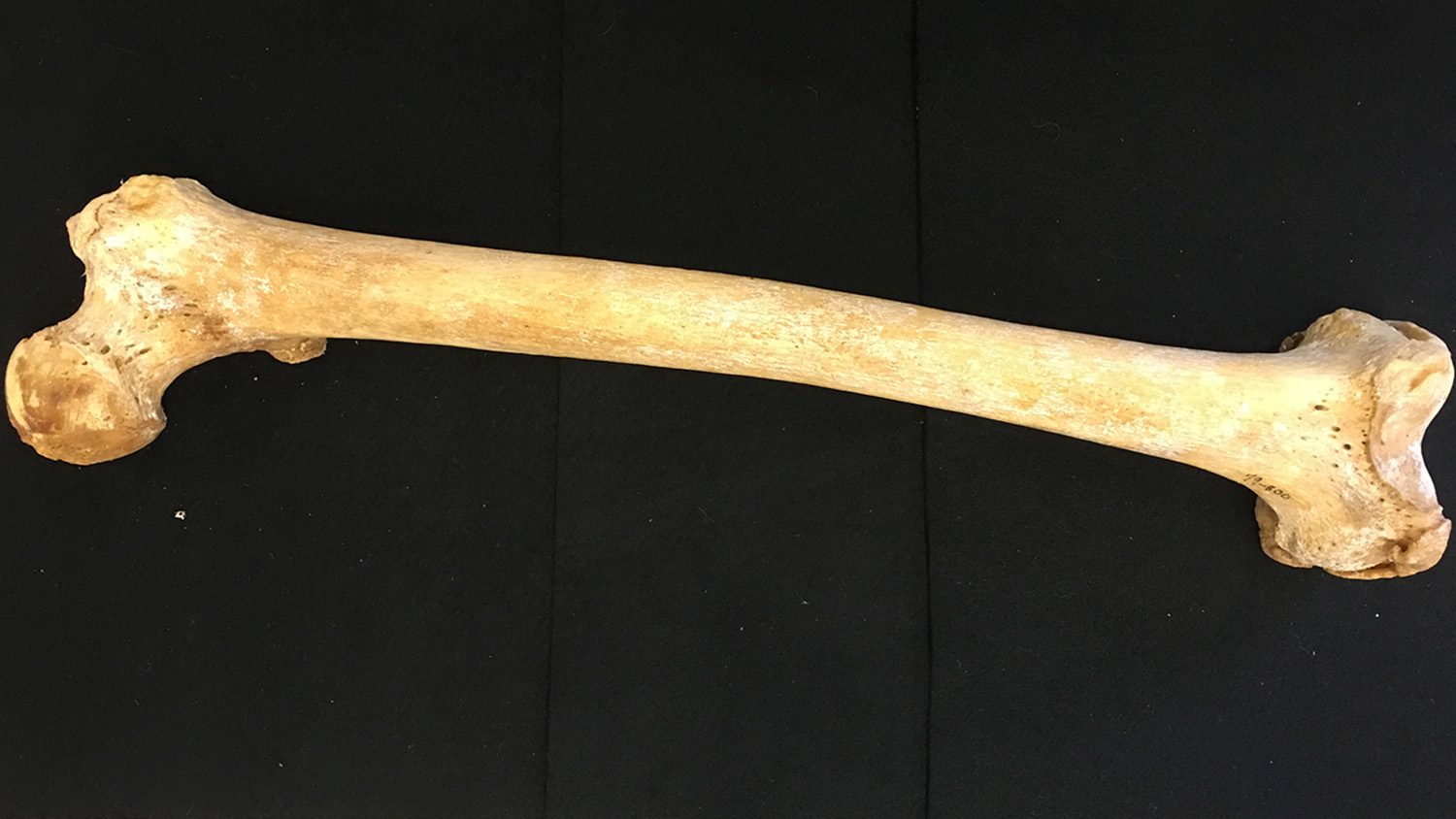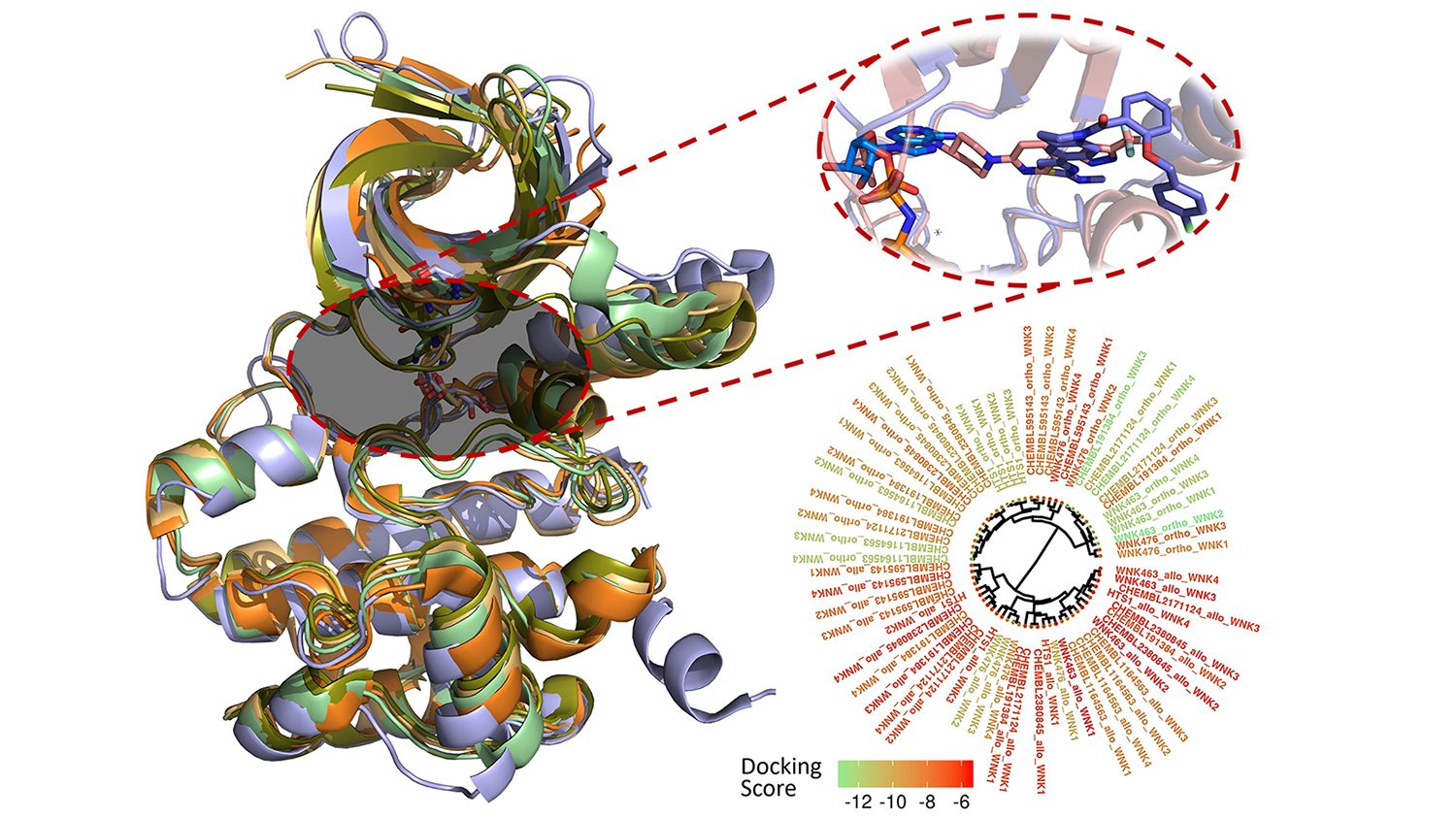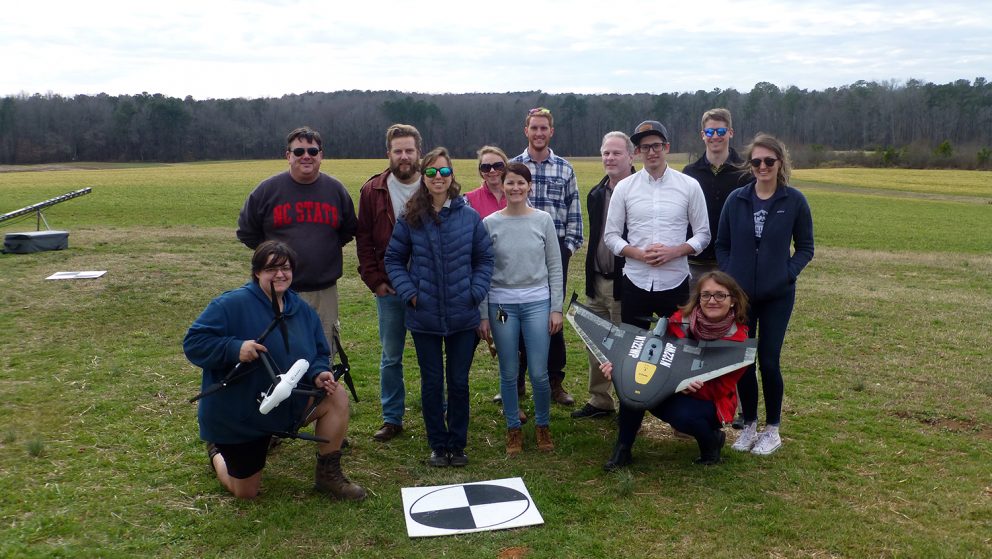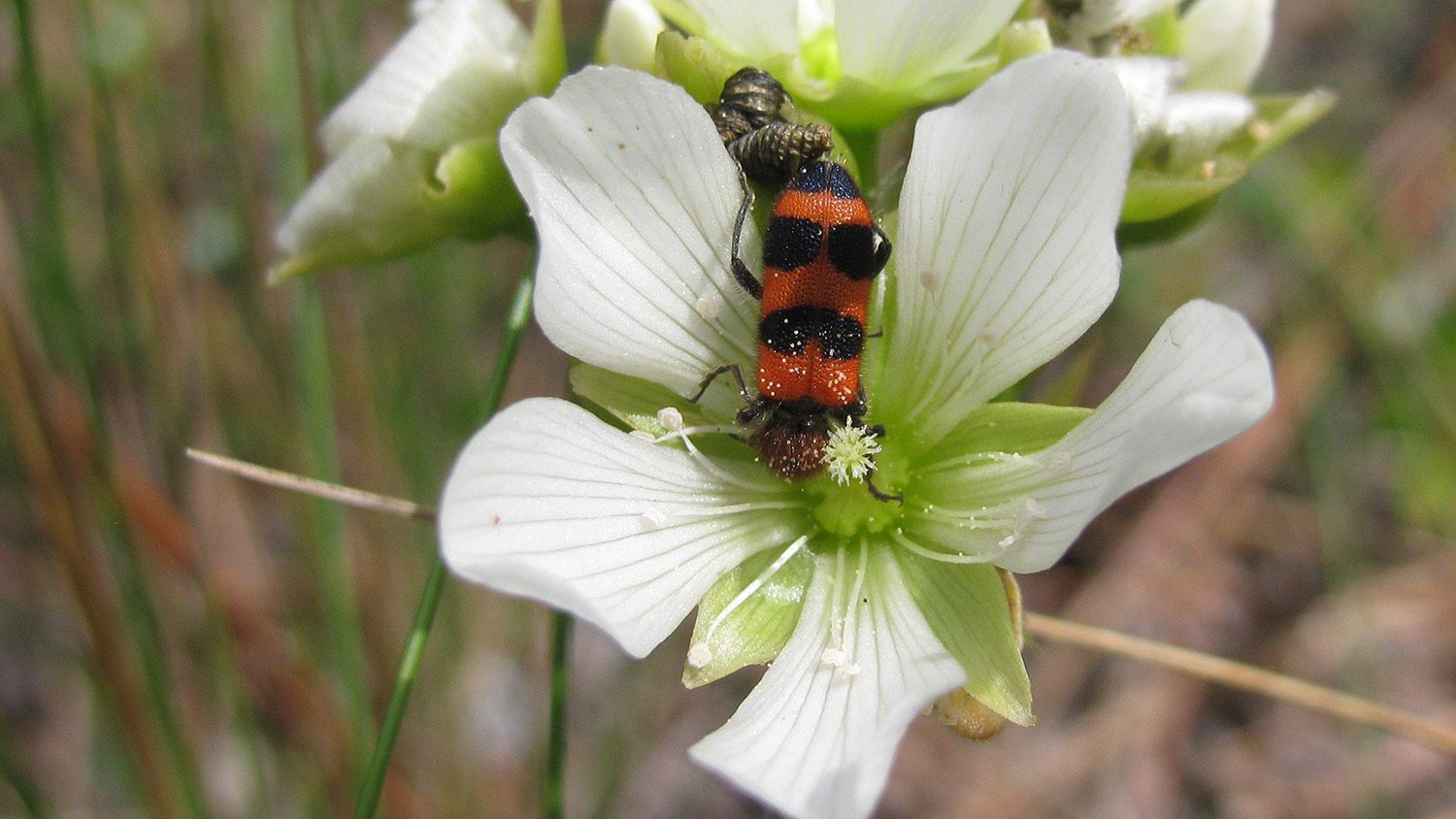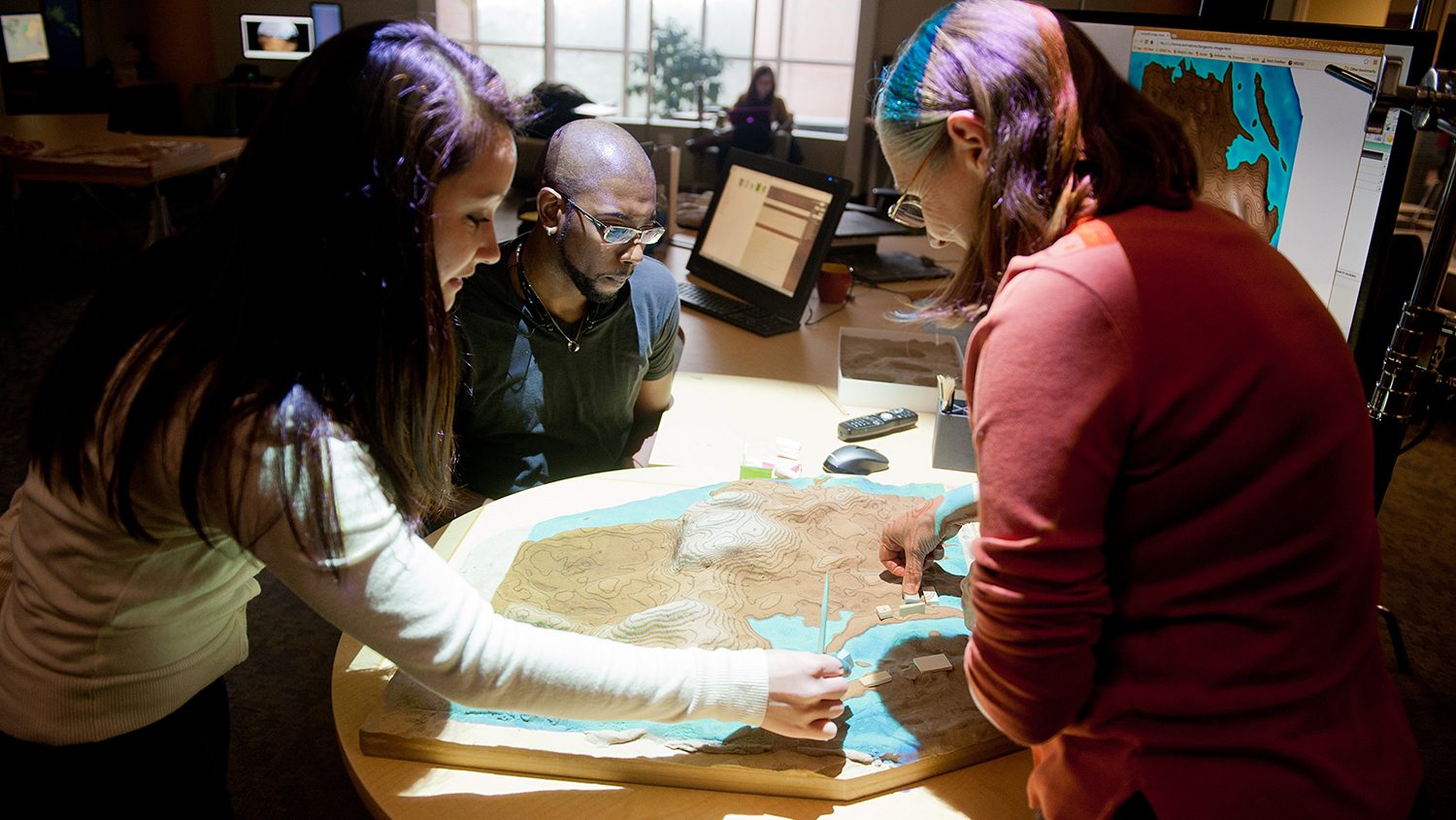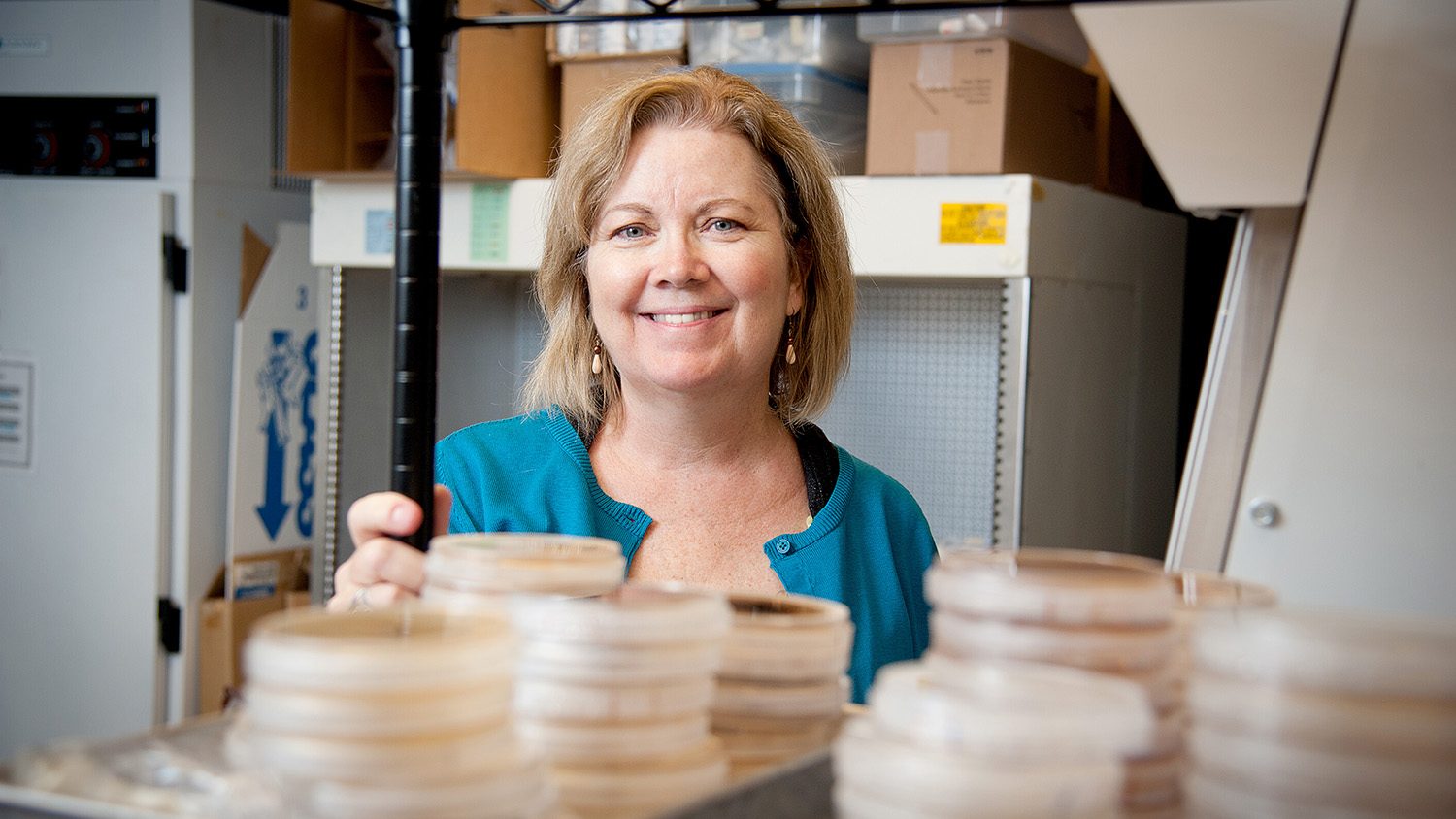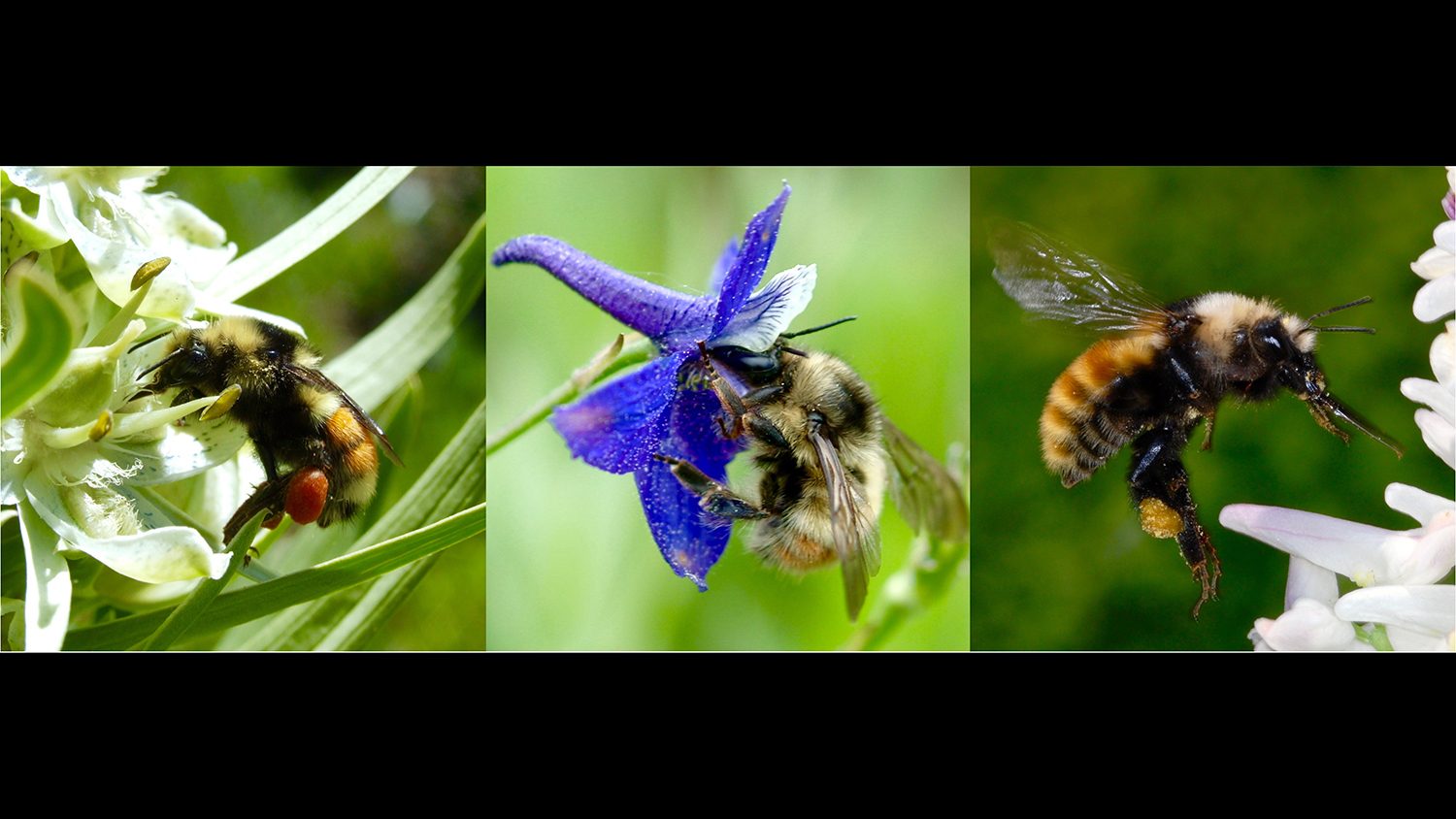Staff
Computers Discover Compounds That Could Reduce Listeria’s Virulence
Researchers use computer modeling to find compounds that could limit Listeria’s virulence.
Researchers Explore The Link Between Environment, Genes And Health
NC State’s Center for Human Health and the Environment hosted its second annual symposium focused on epigenetics, environment and human health.
Forensic Researchers Find Femur Offers Insight Into Age of Deceased
Forensic researchers have found a more accurate way to assess an individual’s age at death, based on the bone mineral density of the femur.
Computer Modeling of WNK Kinase Inhibitors Could Give Researchers New Tools for Understanding Hypertension
Computer Modeling of WNK Kinase Inhibitors Could Give Researchers New Tools for Understanding Hypertension
For Drone Research and Training at NC State, the Sky’s the Limit
Looking for opportunities to expand your expertise in Unmanned Aerial Systems? Find what your searching for with the Center for Geospatial Analytics’ graduate courses, workshops, and UAS research programs.
Venus Flytraps Don’t Eat The Insects That Pollinate Them
Researchers discover which insects pollinate Venus flytraps – and learn that flytraps don’t dine on them.
New STEM Program to Connect High Schoolers with Geospatial Tech and Careers
Applications are now being accepted for a new, free program for high school students looking to explore geospatial science and cutting-edge technologies, starting March 10.
Faculty Focus: Jean Ristaino Wins Fulbright Award
Jean Ristaino’s passion for ensuring food security for a fast-growing world population has taken her around the world to help other scientists and students gain skills in identifying and tracking new and re-emerging plant diseases. Her next stop: Italy.
Fish type, body size can help predict nutrient recycling rates
NC State University associate professor Craig Layman and colleagues show that ecologists can better predict the rates of how chemical nutrients are transferred by fish if they know the various fish species living in an ecosystem, along with the body size of the fish.
Climate’s Effects on Flowers Critical for Bumble Bees
New NC State research shows that earlier and longer flowering seasons have detrimental effects on bumble bees.
